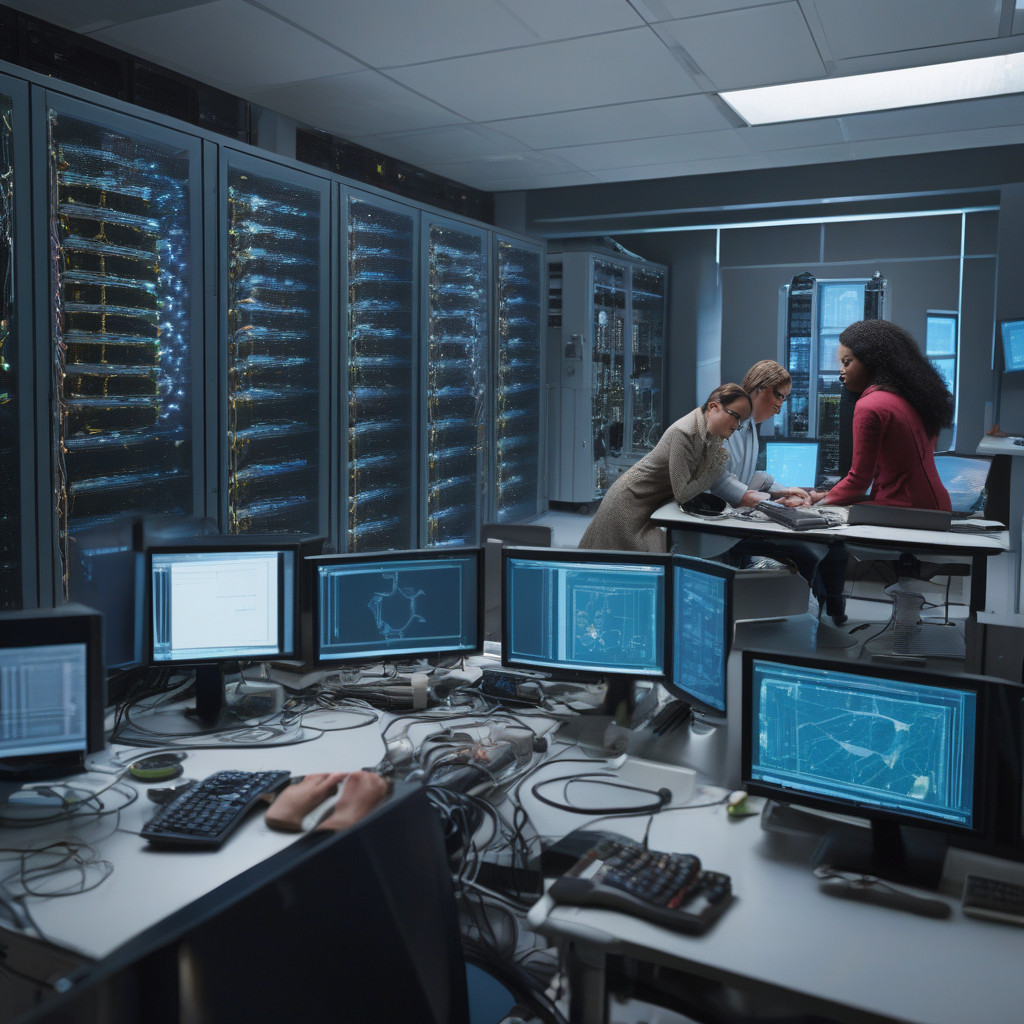Cybersecurity researchers recently uncovered a troubling development in the digital threat landscape: the emergence of a sophisticated remote access trojan (RAT) known as NonEuclid. This malicious software, crafted in C#, presents a significant danger by enabling unauthorized remote control of compromised Windows systems. What sets NonEuclid apart is its utilization of advanced evasion techniques, making it particularly challenging to detect and mitigate.
One of the key tactics employed by NonEuclid is a User Account Control (UAC) bypass. By circumventing UAC, which is designed to protect systems by requiring user permission for certain actions, the RAT can operate with elevated privileges without triggering alerts. This maneuver allows it to carry out malicious activities discreetly, evading traditional security measures.
Moreover, NonEuclid incorporates techniques to evade the Antimalware Scan Interface (AMSI), a crucial component in modern antivirus solutions. By bypassing AMSI, the RAT can avoid detection by security software that relies on this interface to scan for malware. This evasion tactic underscores the malware’s advanced capabilities and highlights the need for enhanced cybersecurity measures to combat such threats effectively.
The technical analysis of NonEuclid conducted by Cyfirma underscores the complexity and sophistication of this RAT. Its C# foundation provides flexibility and power to bad actors seeking to exploit vulnerabilities in Windows systems for nefarious purposes. This insight serves as a stark reminder of the evolving nature of cyber threats and the constant vigilance required to protect sensitive information and critical infrastructure.
In response to the emergence of NonEuclid and similar threats, cybersecurity professionals and IT teams must prioritize proactive security measures. This includes implementing robust endpoint protection solutions, regularly updating software and security patches, and conducting thorough security audits to identify and address potential vulnerabilities.
Furthermore, user awareness and education play a vital role in defending against RATs like NonEuclid. By promoting cybersecurity best practices, such as avoiding suspicious links and email attachments, using strong passwords, and practicing caution when granting system permissions, organizations can fortify their defenses against remote access attacks.
As the cybersecurity landscape continues to evolve, staying informed about emerging threats like NonEuclid is essential for IT and development professionals. By remaining vigilant, adopting a proactive security stance, and leveraging advanced threat intelligence, organizations can bolster their resilience against sophisticated malware and safeguard their digital assets effectively.

